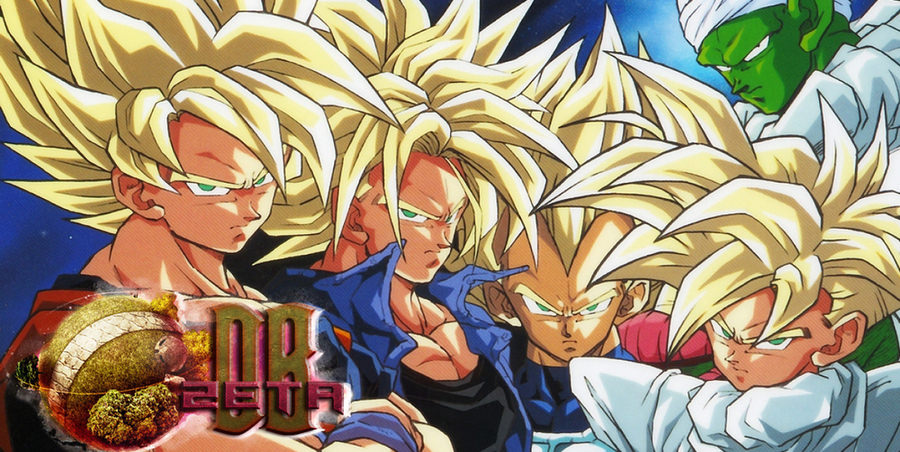Finished the Lost Children mini-arc.
Azan being moved by misinterpreting Zepek's actions is a good moment in highlighting one of the main themes of the series and this arc in particular when it comes to the outward image and pretenses of people being far from their general motives such as the hatred the villagers show for Guts from not understanding him and something that'll be shown to an even greater degree when 99% of the world starts worshipping Griffith. We also get a display of how analytical Serpico is, building up that there's far more to him than his capricious visage.
The battle between Guts and Rosine has some of the best displays of two aspects of Guts. One is highlighting how he's still not completely heartless with how he missed his chance multiple times to kill her for reasons such as protecting Jill or being off put by her appearance. The one that's a particular highlight for this segment of the story though is his display of physical resolve and sacrificing his body for victory, an obvious highlight being him blocking Rosine's stinger by having it pierce his mouth in order to land a killing blow. Not only is it simply a really cool moment, but an iconic display of the idea that Guts constantly puts himself through physical pain to push forward. It can also be interpreted as him bringing harm to himself for his conviction of revenge, which ties in well to the penance of flagellation that the Holy See put themselves through.
Also, I like how Rosine's attempts at flirting with Guts are juvenile enough to match her age. I'd make a :withheld joke, but since this is set in a medieval universe where age of consent's a far more relative thing as we saw in the Golden Age Arc, it's far from being creepy enough to point out. Going back to what I said about the Rosine/Jill dynamic being similar to Griffith/Guts, Rosine also exclaims about how nobody can have Jill but her like how Griffith viewed Guts as his (and there's also the images that have a homoerotic undertone in both cases).
Rosine realising the truth of her ideology being false at the end is also something that makes this fight far more than a typical action sequence with her being proven that ignoring the suffering around her cannot work and once more links back to Nietzsche with his criticism of the human world/outer world dichotomy that leads to ignoring the suffering of the world (as well as sets up a major idea of the Conviction Arc and characterisation of the Holy See members) Also, this idea that suffering is inescapable links very much to the entirety of Berserk and, viewing this part as a small examination of Guts' journey, makes it apparent there certainly wouldn't have been a happy ending for him.
The exchange between Guts and Jill at the end is a great moment in what it represents for Guts' character. Jill is very much a representation of the past for Guts, so their dialogue of him saying she wouldn't last in his world is both a reminder of focusing on the present when fighting and the hold his past still has over him, something that will play an important role in his development throughout the Conviction Arc. Jill also gets some good development through it in realising she will have to fight her own battles even if of lesser value than those Guts fights. In other words, the main point of the segment is Guts acknowledging he can't forget his past, but must move on from it in order to move forward, and the imagery of the blue sky opening up after his parting with Jill is great imagery for it.
The Lost Children Chapter is an underrated and very important part of the manga in setting up important stimuli that bridge the development Guts will gain between his Black Swordsman and main Conviction Arc selves and acts as a microcosm of displaying the main ideas of the series such as confronting suffering, enduring pain and grey morality of its characters; Guts in particular. It also highlights how Guts is approaching the limits of what he can do on his own with how Puck's elf dust is probably the only reason he lived to even fight Rosine at the end and how he faces overwhelming odds throughout it that set up the need for a party and their help in later arcs. It's far from being as complex as most other arcs in the series, but it's a great representation of the series as a whole and one of the most important parts of the story as far as character development and theme exploration goes. If I were to rate it, it's at least a solid 7/10 if not an 8, let's just say 7.5/10.
Now, onto the main part of the Conviction Arc.

 .
.
